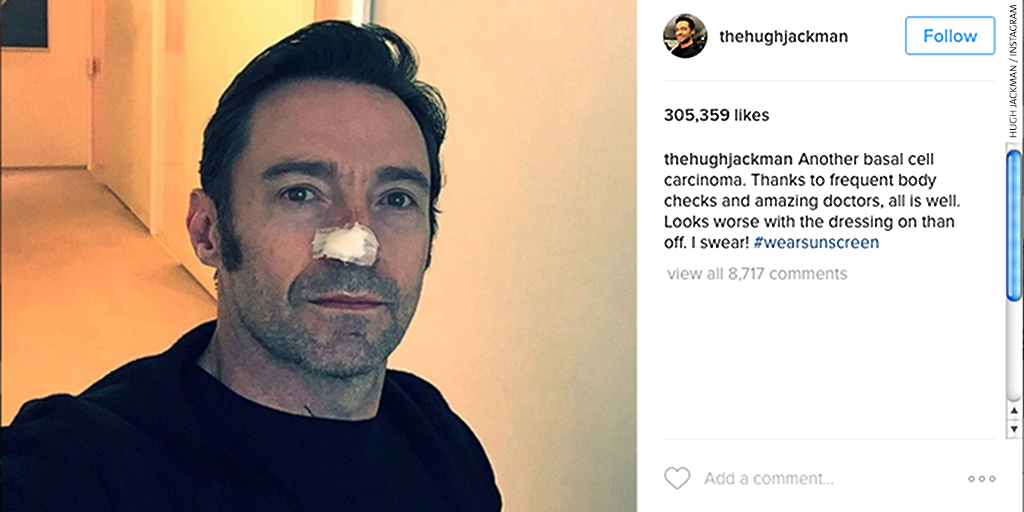Can Sunscreen Really Prevent Skin Cancer?
Premier Health Now
Feb 17, 2017

Find Your Perfect Match
Answer a few questions and we'll provide you with a list of primary care providers that best fit your needs.
Jackman’s basal cell carcinoma is the most frequently occurring form of skin cancer. It’s caused by cumulative, intense exposure to the sun. But can sunscreen really prevent it? Premier Health Now asked Brent Kirkland, MD, Dermatologists of Southwest Ohio, for the details.
Sunscreen can definitely help to prevent skin cancer, says Dr. Kirkland. “But it needs to be applied correctly. You need to apply sunscreen every two hours and you need to use an adequate amount. As dermatologists, we recommend applying one ounce (about two tablespoons) of sunscreen to all exposed areas of the body.”
Once is not enough, reminds Dr. Kirkland. “You should reapply sunscreen every few hours,” he says. And if you’re sweating, swimming or toweling off, you should apply sunscreen more frequently.
Deciding on SPF
SPF – or Sun Protection Factor – determines how well your sunscreen filters out damaging rays of the sun. An SPF 15 sunscreen filters out approximately 93 percent of all incoming rays and does an excellent job of protecting your skin. SPF 30 keeps out 97 percent of damaging rays, and SPF 50 keeps out 98 percent. While the differences are minimal, if you have a history of skin cancer, or are light-skinned, the higher SPF may be best for you.
Look for an Expiration Date
Sunscreens are developed to remain effective for three years. Look for an expiration date on the bottle, and toss it out if it has expired, recommends Dr. Kirkland. “If you’re using enough, you should finish an entire bottle of sunscreen before the expiration date,” he says.
Don’t Worry about Vitamin D
The benefits of using sunscreen far outweigh any concerns about not getting enough Vitamin D, explains Dr. Kirkland. “Even if you apply sunscreen perfectly, there will still be a small amount of UV radiation that reaches your skin. That allows Vitamin D production because it doesn’t take much sun exposure for your body to produce Vitamin D.” In addition, your diet can easily provide you enough Vitamin D.
A safe, practical alternative to tanning are self-tanners. There is no evidence, says Dr. Kirkland, that the ingredients are harmful to the skin.
Find Your Perfect Match
Answer a few questions and we'll provide you with a list of primary care providers that best fit your needs.
Source: Brent Kirkland, MD, Dermatologists of Southwest Ohio; Skincancer.org; CNN




